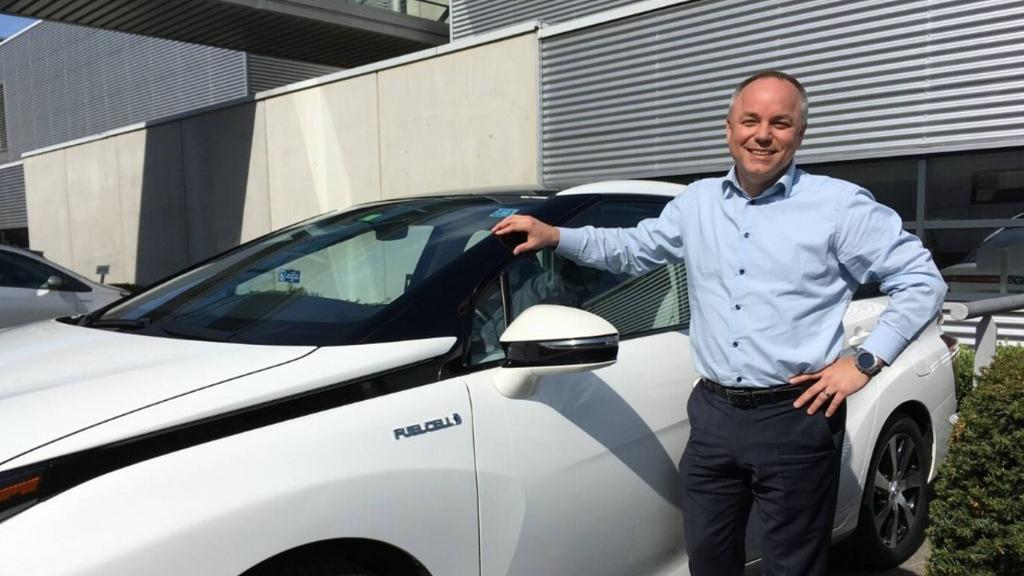Last week, Toyota opened its doors to the European Research and Development Centre in Belgium, where the innovative C-HR hybrid model was born.
Thiebault Paquet, Vice President of Toyota Motor Europe, told the assembled journalists, "The goal is to reduce CO2 emissions to achieve zero carbon." But with 10.6 million vehicles sold globally last year, Toyota is not putting all its eggs in the "100% electric" basket, opting to explore a multifaceted approach that includes hybrid models and a strong belief in hydrogen technology.
The golden rule: diversify
While acknowledging the environmental merits of fully electric vehicles, Paquet pointed out several challenges. He highlighted the high cost of electric technology, the uneven global infrastructure for charging and the fact that electric vehicles may not be suitable for all consumer needs.
Paquet, an engineer with training from KU Leuven, believes that alternative technologies can also result in emissions reductions. He cited fuel cell engines, which generate electricity from hydrogen and oxygen (emitting only water as a byproduct) as one promising option. He also mentioned the potential use of e-fuels: synthetic fuels created from hydrogen and CO2 captured from the atmosphere.
Related News
- Volkswagen to cut 269 jobs at its all-electric plant in Germany
- Belgium's first-ever converted electric vintage car unveiled in Brussels
Despite the European Union's ban on most sales of new combustion vehicles by 2035, Paquet still sees opportunities beyond purely electric solutions. He pointed out that the EU is investing in developing a hydrogen distribution network, which could potentially serve passenger cars as well.
Addressing concerns about the feasibility of producing hydrogen at scale and affordable costs, Paquet emphasised the importance of diversity in technology. "Betting everything on a single technology is risky,” he told the assembled press. “The golden rule, which is also the norm in nature, is diversity. There is no reason why it should be any different with technologies."
Recent Toyota announcements include plans for a lithium-ion battery with a range exceeding 1,000 kilometres within two years, a 40% reduction in battery cost and the development of solid-state battery technology promising both extended range and rapid charging times.

